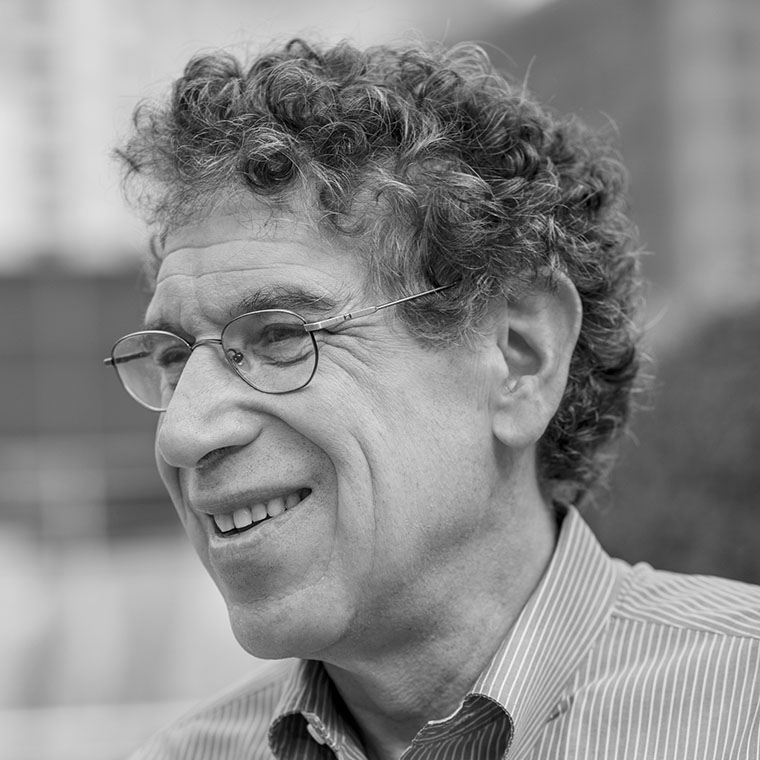SPEAKERS
SHOW: All | Keynotes | Leadership | Leventhal Cities Prize | Panel 1 | Panel 2 | Panel 3 | Panel 4
Keynotes
All Speakers
Carlos Alvarado Quesada
Former President of Costa Rica
Carlos Andrés Alvarado Quesada is a Costa Rican politician, writer, journalist, and political scientist who served as the 48th president of Costa Rica from 8 May 2018 to 8 May 2022. A member of the Citizens' Action Party (PAC), Alvarado previously served as Minister of Labor and Social Security during the presidency of Luis Guillermo Solís. Alvarado holds a bachelor's degree in communications and a master's degree in political science from the University of Costa Rica. He was a Chevening Scholar from 2008 to 2009, earning a master's degree in development studies from the Institute of Development Studies at the University of Sussex in Falmer, England.
Keynote Lecture

Liam Young
Film Director and Architect
Film Director and Architect
Liam Young is a designer, director and BAFTA nominated producer who operates in the spaces between design, fiction and futures. Described by the BBC as ‘the man designing our futures’, his visionary films and speculative worlds are both extraordinary images of tomorrow and urgent examinations of the environmental questions facing us today. As a worldbuilder he visualizes the cities, spaces and props of our imaginary futures for the film and television industry and with his own films he has premiered with platforms ranging from Channel 4, Apple+, SxSW, Tribeca, the New York Metropolitan Museum, The Royal Academy, Venice Biennale, the BBC and the Guardian.
Keynote Lecture

Panel 1
All Speakers
Laura Narvaez Zertuche
Partner, Urban Design at Foster + Partners
Dr. Laura Narvaez Zertuche is a Partner in the Urban Design team at Foster + Partners, where she has lead people movement and data analytics within the firm since 2015. Her work incorporates evidence-based and research-led design that combines informed decision-making with simulation-powered design tools and strategic development of methodologies with their application to architecture and urban design. Laura is a Lecturer at the Chair of Cognitive Science in ETH Zurich and is an advisor for an international multi-disciplinary think-tank called Urban AI, investigating the sustainable uses of artificial intelligence in cities. She gained a MSc and PhD from the Space Syntax Laboratory at the Bartlett School of Architecture, UCL.
Panel 1
Urbanizing Artificial Intelligence
Urbanizing Artificial Intelligence

Santiago Garces
Chief Information Officer
City of Boston
Chief Information Officer
City of Boston
Santiago "Santi" Garces, currently the Chief Innovation Officer for the City of Boston, has built a career on making government systems more efficient and citizen-centric, leveraging his early experiences in Bogotá, Colombia. Leading Boston's Department of Innovation and Technology, he fosters transformative technology and innovation. Santi's previous roles include impactful tech leadership positions in South Bend and Pittsburgh, where he enacted significant technological and developmental projects. A co-founder of the nonprofit enFocus, and recognized for his innovative contributions to civic tech, Santi combines data science, human-centered design, and a multi-lingual, multi-disciplinary background to drive urban transformation.
Panel 1
Urbanizing Artificial Intelligence
Urbanizing Artificial Intelligence

Dietmar Offenhuber
Associate Professor, Department Chair of Art + Design and Public Policy
Northeastern University
Northeastern University
Dietmar Offenhuber is Associate Professor and Chair of Art+Design at Northeastern University in the areas of information design and urban affairs. He holds a PhD in Urban Planning from MIT. His research focuses on the relationship between design, technology, and urban governance. Dietmar is the author of the award-winning monograph “Waste is Information - Infrastructure Legibility and Governance” (MIT Press) and has published books on urban data and accountability technologies. His upcoming book “Autographic Design - The Matter of Data in a Self-Inscribing World” considers material forms of visualization and evidence construction.
Panel 1
Urbanizing Artificial
Intelligence
Urbanizing Artificial
Intelligence

Mashinka Firunts Hakopian
Associate Professor in Technology and Social Justice
ArtCenter College of Design
ArtCenter College of Design
Mashinka Firunts Hakopian is an Associate Professor in Technology and Social Justice at ArtCenter College of Design. She was a 2021 visiting Mellon Professor of the Practice at Occidental College. There, she co-curated the exhibition “Encoding Futures: Critical Imaginaries of AI” with Meldia Yesayan at Oxy Arts, which traveled to the Ford Foundation Gallery in 2023 under the title, "What Models Make Worlds." She is the guest co-editor of the Spring 2023 Art Papers special issue on AI, with Sarah Higgins. Her writing and commentary have appeared in Los Angeles Review of Books, AI & Society, Brooklyn Rail, Performance Research Journal, Art in America, and Archetypes with Meghan Markle. Her book, The Institute for Other Intelligences, was released by X Artists’ Books in 2022 and a lecture-performance adapting the book has been presented at the Centre Pompidou, the New Museum, 2220 Arts + Archives, OSU, and Kelly Writers House at the University of Pennsylvania.
Panel 1
Urbanizing Artificial
Intelligence
Urbanizing Artificial
Intelligence

Panel 2
All Speakers
Gloria Visconti
Lead Climate Change Specialist
Inter-American Development Bank
Lead Climate Change Specialist
Inter-American Development Bank
Gloria Visconti is a Climate Change Lead Specialist at the Climate Change and Sustainability Division of the Inter-American Development Bank (IDB), where she coordinates the areas related to Concessional Climate Finance. Among her responsibilities, Gloria is the technical focal point of the IDB for the Green Climate Fund and the Climate Investment Funds. She was senior policy adviser at the Ministry of Environment of Italy and at the Prime Minister Office in the G8 Task Force working on climate and energy policies.
Gloria was Practitioner Fellow at Harvard’s Center for International Development and Associate in the Energy Technology Innovation Project at Harvard’s Belfer Center for Science and International Affairs. She has a PhD at the University of Bologna and a Master in Public Administration at Harvard University.
Panel 2
Global Perspectives on Bridging the Gap
Global Perspectives on Bridging the Gap

Radhika Radhakrishnan
PhD scholar and Research Affiliate, MIT Data+Feminism Lab
PhD scholar and Research Affiliate, MIT Data+Feminism Lab
Radhika Radhakrishnan is a PhD scholar
at the Massachusetts Institute of Technology (MIT) in History, Anthropology, and Science, Technology, and Society (HASTS). She holds a Master's degree (M.A.) in Women’s Studies from the Tata Institute of Social Sciences, Mumbai, India, and a Bachelor's degree (B.E.) in Computer Science Engineering from M. S. Ramaiah Institute of Technology, Bangalore, India. Prior to the commencement of her PhD, for four years, she has studied the intersection of gender justice and digital technologies using feminist, qualitative methodologies. Her research has focused on understanding the challenges faced by gender-minoritized communities with digital technologies in India through their lived experiences, and finding entry points to intervene meaningfully, such as by influencing policy change. Her research has spanned the domains of Artificial Intelligence, data governance (pertaining to surveillance technologies and health data), and feminist Internets. She has previously carried out research with the World Wide Web Foundation, Internet Democracy Project, and the Centre for Internet and Society. She has also consulted with the Internet Governance Forum of the United Nations and the Women's Rights Programme of the Association for Progressive Communications.
Panel 2
Global Perspectives on Bridging the Gap
Global Perspectives on Bridging the Gap

Aklilu Fikresilassie
Director, Thriving Resilient Cities,
WRI Africa Data
Director, Thriving Resilient Cities,
WRI Africa Data
Aklilu Fikresilassie is the Director of Thriving Resilient Cities at WRI Africa and Representative of WRI in Ethiopia.
He has more than 16 years of professional leadership and technical experiences in the field of Urban Development and Management as well as managing non-governmental programmes. Prior to joining WRI, Aklilu spent 7 years at United Nations Human Settlements Programme (UN-Habitat) as a Programme Manager, representing the agency in Ethiopia. while working with the UN-Habitat, Aklilu has successfully represented the agency in the United Nations Country Team and played a key role in position the urban agenda in the UN joint programmes and supported the Ethiopian Government’s endeavor towards Sustainable urbanization. He also worked with UNDP in South Sudan as Planning Specialist and team leader. Further, Aklilu led the bureau of Finance and Economic Development where he managed the government and NGOs, bilateral and multilateral programmes. Aklilu is a qualified Urban and Development planning, monitoring and evaluation specialist with a Master of Arts degree in Urban Management and Development (specialization: Urban and Regional development strategies) from Erasmus University, the Netherlands (2006).
Panel 2
Global Perspectives on Bridging the Gap
Global Perspectives on Bridging the Gap

Claudia Dobles Camargo
Research Scholar
MIT Leventhal Center for Advanced Urbanism
MIT Leventhal Center for Advanced Urbanism
Claudia Dobles Camargo is an experienced architect, urbanist, and presidential advisor with over 15 years of expertise in urban mobility, social housing, community engagement, climate change, and fair transition. She served as the first lady of Costa Rica from 2018 to 2022, co-leading the Costa Rican National Decarbonization Plan alongside the president, where she led high-impact resilience and adaptation projects in Costa Rica such as the 82km “Electric Passenger Train” with support from CABEI and the Green Climate Fund as well as the “Water Supply Project for the Tempisque Basin” the most important adaptation project in Costa Rica.Claudia's achievements include advocating for expanding the roles of the first lady or first gentleman in Costa Rica and promoting gender equality and women's empowerment.
Before her role as First Lady, she worked as a regional design leader for a multinational firm, contributing to large-scale projects across Latin America & the Caribbean, and the United States. Claudia holds a degree in Architecture from the University of Costa Rica and has engaged in sustainability programs at Kanto Gakuin University in Japan. She is a 23’ Loeb Fellow at Harvard Graduate School of Design and currently focuses on research at the MIT Norman B. Leventhal Center for Advanced Urbanism on the intersection of climate change and AI.
Panel 2
Moderator
Global Perspectives on Bridging the Gap
Moderator
Global Perspectives on Bridging the Gap

Panel 3
All Speakers
Erin Mayfield
Assistant Professor
Dartmouth College
Assistant Professor
Dartmouth College
Dr. Erin Mayfield is the Hodgson Family Assistant Professor at Dartmouth College in the Thayer School of Engineering. Her research is in the areas of sustainable systems engineering and public policy. The aim of her research is to develop multi-stakeholder decision support tools to address the challenges of climate change and social injustice.
Panel 3
Infrastructure: Energy, Energy, Energy
Infrastructure: Energy, Energy, Energy
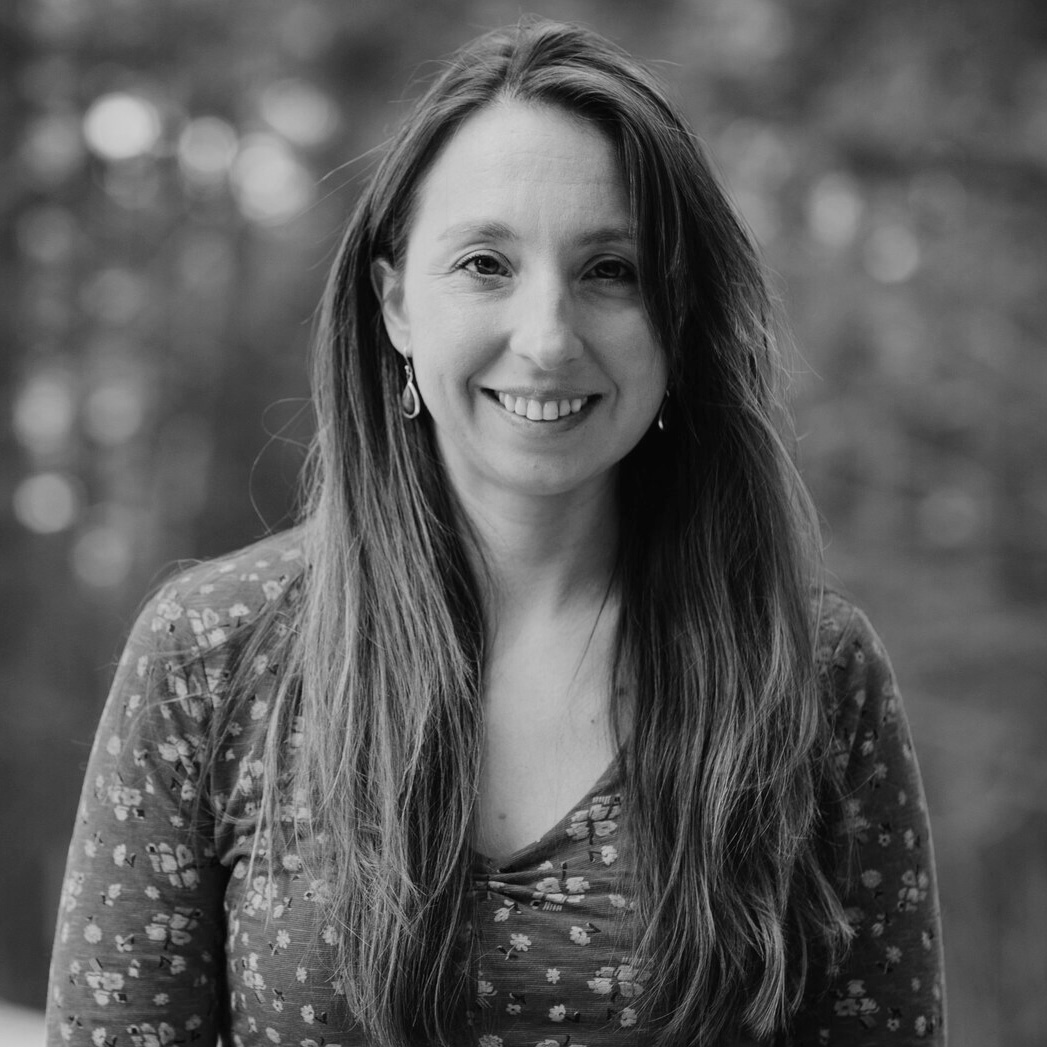
Kate Gordon
Senior Advisor to the Secretary of Energy
Kate Gordon has spent the past two decades working at the intersection of climate change, energy policy, and economic development. Most recently, Gordon served under California Governor Gavin Newsom as the Director of the Governor’s Office of Planning and Research and Senior Policy Advisor to the Governor on Climate. Trained as a community organizer, and later in law and regional economic development, her focus has long been on bringing diverse groups together to work toward a more sustainable, inclusive economy. Prior to being appointed OPR Director, Gordon was the founding director of the Risky Business Project, which focused on quantifying the economic impacts of climate change on key U.S. regions and sectors. Gordon has served in senior leadership positions at several nonpartisan think tanks including the Henry M. Paulson Institute, the Center for the Next Generation, the Center for American Progress, and the Center on Global Energy Policy at Columbia University. Gordon got her start on energy and climate issues working at the national Apollo Alliance, where she ultimately served as co-Executive Director until the merger with the Blue-Green Alliance in 2011. Under her leadership, the Apollo Alliance drafted key parts of the American Recovery And Reinvestment Act of 2009 (ARRA) including the Advanced Manufacturing Tax Credit, and also partnered with the AFL-CIO to draft "just transition" proposals for several key energy and climate bills.
Panel 3
Infrastructure: Energy, Energy, Energy
Infrastructure: Energy, Energy, Energy

Steven Caputo
Assistant Commissioner,
NYC DCAS Division of Energy Management
NYC DCAS Division of Energy Management
Steven Caputo is Assistant Commissioner for Energy Management at the New York City Department of Citywide Administrative Services, where he leads a $4 billion program to decarbonize City government operations. Prior to his current role, Caputo served as Deputy Director of the NYC Mayor’s Office of Long-Term Planning and Sustainability, where he led the Bloomberg Administration’s Clean Heat Program to eliminate the use of highly polluting heavy heating oil in 10,000 city buildings, and as Senior Advisor to the NYC Deputy Mayor for Housing and Economic Development. Before joining government, Caputo was a two-time Fellow of the Design Trust for Public Space and worked at Polshek Partnership Architects, Arup, and the Spatial Information Design Lab at Columbia University’s Graduate School of Architecture, Planning and Preservation (GSAPP). Caputo holds an undergraduate degree in architecture and minor in East Asian Studies from Princeton University and earned a Master of Public Administration degree from the Columbia University School of International and Public Affairs.
Panel 3
Infrastructure: Energy, Energy, Energy
Infrastructure: Energy, Energy, Energy

Donnel Baird
Founder and CEO
BlocPower
Founder and CEO
BlocPower
Donnel Baird is the founder of BlocPower, a climate tech company based in Brooklyn, NY, that analyzes, finances, and installs clean energy and decarbonization upgrades in buildings in underserved communities. BlocPower creates jobs for qualified local low-income workers, energy savings for building owners, reduces carbon emissions and asthma rates, and provides financial returns to investors. In 2021, the company announced a historic partnership with Ithaca, New York to decarbonize 100% of the city’s buildings—the first such project in the United States.
BlocPower is backed by Kapor Capital, Andreessen Horowitz, Goldman Sachs, Microsoft, and Volo Earth Ventures. Baird is a graduate of Duke University and Columbia Business School. He spent four years as a political and community organizer, and two years managing a national initiative to leverage American Reinvestment and Recovery Act energy efficiency investments in underserved communities.
He is a member of the board of directors of several organizations including the New York Federal Reserve Bank Second District Board, the Climate Reality Project, and the Coalition For Green Capital. Additionally, he serves on the Advisory Committee of the US SEC Small Business Capital Formation. An award recipient of the Columbia Business School Entrepreneur of the Year in 2021, the National Venture Capital Associations Startup Innovator of the Year in 2022, and TIME Magazine’s inaugural 'Dreamer of the Year' in 2022. In 2022, Fast Company named BlocPower the #4 Most Innovative Company in the World, TIME Magazine's 100 Most Influential Companies, and the 42nd Most Disruptive Startup in the world by CNBC.
Panel 3
Infrastructure:
Energy, Energy, Energy
Infrastructure:
Energy, Energy, Energy

Panel 4
All Speakers
Theodora Dryer
Faculty Member
New York University
Faculty Member
New York University
Dr. Theodora Dryer is a writer, historian, and critical policy analyst. Her work centers on histories of data and technology in the climate crisis and the political functions of algorithms and digital data systems in water and natural resource management. She is Director of the Water Justice and Technology Project (www.waterjustice-tech.org) and teaches topics on digital technology and environmental justice at New York University. Dr. Dryer holds awards from the Charles Babbage Institute in Information Technology and the IEEE in History of Electrical and Computing Technology. Her work has appeared in IEEE Annals of the History of Computing, Historical Studies in the Natural Sciences, Osiris, and elsewhere.
Panel 4
Just Climate Futures
Just Climate Futures

Sara Beery
Assistant Professor
Dept. of Electrical Engineering and Computer Science, MIT
Assistant Professor
Dept. of Electrical Engineering and Computer Science, MIT
Dr. Sara Beery is the Homer A. Burnell Career Development Professor in the MIT Faculty of Artificial Intelligence and Decision-Making. She was previously a visiting researcher at Google, working on large-scale urban forest monitoring as part of the Auto Arborist project. She received her PhD in Computing and Mathematical Sciences at Caltech in 2022, where she was advised by Pietro Perona and awarded the Amori Doctoral Prize for her thesis. Her research focuses on building computer vision methods that enable global-scale environmental and biodiversity monitoring across data modalities, tackling real-world challenges including geospatial and temporal domain shift, learning from imperfect data, fine-grained categories, and long-tailed distributions. She partners with industry, nongovernmental organizations, and government agencies to deploy her methods in the wild worldwide. She works toward increasing the diversity and accessibility of academic research in artificial intelligence through interdisciplinary capacity building and education, and has founded the AI for Conservation slack community, serves as the Biodiversity Community Lead for Climate Change AI, and founded and directs the Summer Workshop on Computer Vision Methods for Ecology.
Panel 4
Just Climate Futures
Just Climate Futures

Tawanna Dillahunt
Associate Professor
School of Information
University of Michigan
Associate Professor
School of Information
University of Michigan
Tawanna Dillahunt is a 2023-2024 MIT MLK Fellow in the Department of Urban Studies and Planning and an Associate Professor at the University of Michigan’s School of Information. She leads the Social Innovations Group (SIG), an interdisciplinary group of individuals whose vision is to design, build, and enhance technologies to solve real-world problems affecting marginalized groups and individuals, primarily in the U.S. Her current projects aim to address unemployment, environmental sustainability, and technical literacy by fostering social and socio-technical capital within these communities. Tawanna is a 2022-2023 William Bentinck-Smith Fellow at the Harvard Radcliffe Institute and an ACM Distinguished Member.
Panel 4
Just Climate Futures
Just Climate Futures

Catherine D’Ignazio
Associate Professor of Urban Science and Planning
MIT
MIT
Catherine D’Ignazio is a scholar, artist/designer and hacker mama who focuses on feminist technology, data literacy and civic engagement. D’Ignazio is an Associate Professor of Urban Science and Planning in the Department of Urban Studies and Planning at MIT. She is also Director of the Data + Feminism Lab. D'Ignazio's book, Data Feminism (MIT Press 2020), co-authored with Lauren F. Klein, charts a course for more ethical and empowering data science practices. Her forthcoming book, Counting Feminicide: Data Feminism in Action (MIT Press 2024), highlights how mainstream data science can learn a lot from the care and memory work of grassroots feminist activists across the Americas.
Panel 4
Moderator
Just Climate Futures
Moderator
Just Climate Futures

Leventhal Cities Prize
All Speakers
Marie Law Adams
Associate Professor
Northeastern University
Associate Professor
Northeastern University
Marie Law Adams is a co-founder of Landing Studio and Associate Professor of Architecture at Northeastern University. Landing Studio is an architecture and urban design practice focused on improving the human experience and ecological health in spaces of urban infrastructure. Their projects take the form of buildings, under-highway spaces, marine docks, bridge lighting, public works depots, and public parks, and have been recognized with honors such as the Architectural League’s Emerging Voices award, the League Prize, a Holcim Award, and a Progressive Architecture Award. Marie earned her M.Arch from MIT and is a registered architect.
Leventhal Cities Prize
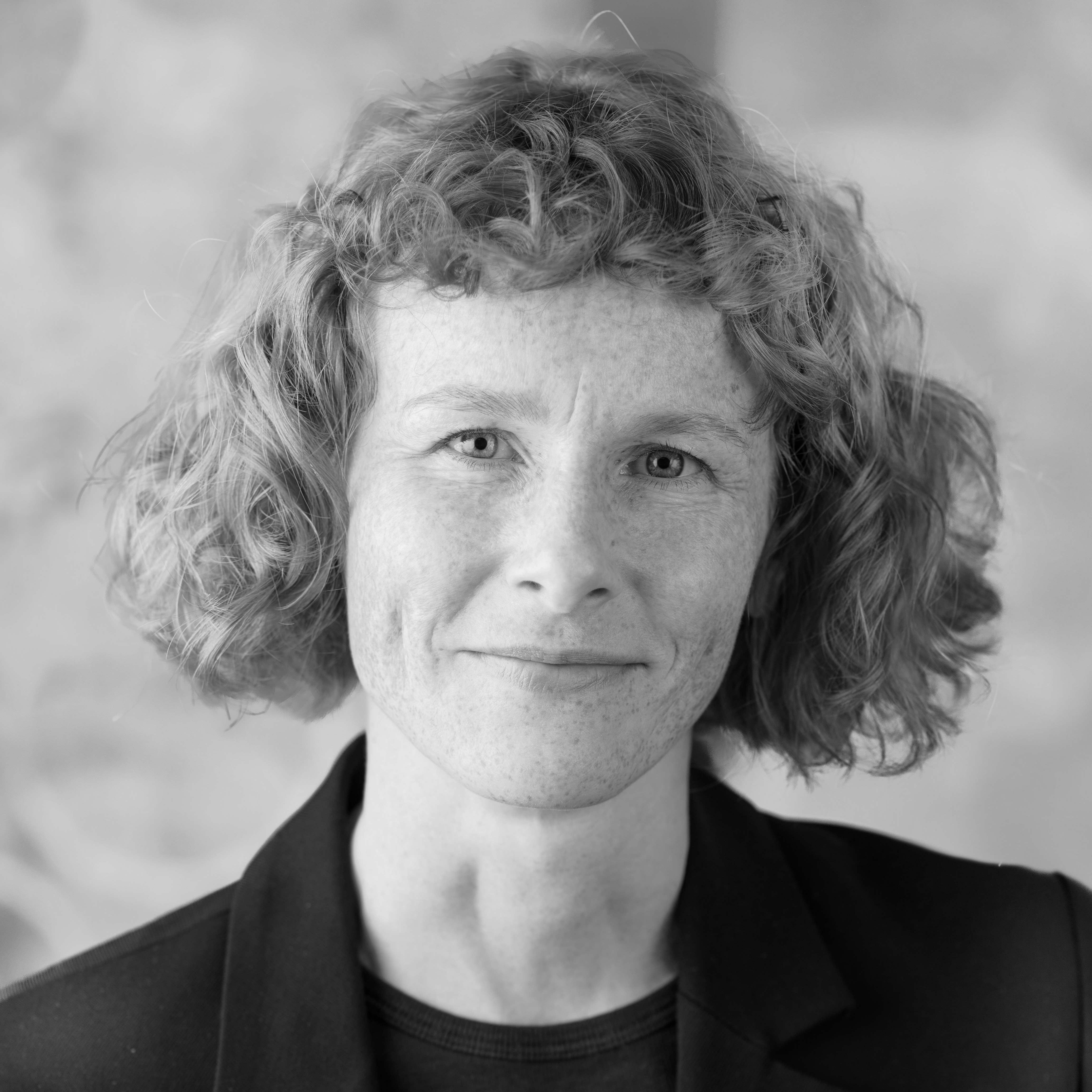
Kathleen Mead Vandiver
Director, Community Engagement Core
MIT Center for Environmental Health Sciences (CEHS)
Director, Community Engagement Core
MIT Center for Environmental Health Sciences (CEHS)
Kathleen M. Vandiver, PhD is the Community Engagement Core Director for two MIT Research Centers funded by the National Institutes of Health (NIH). Community engagement work at these centers includes translating university research results to the public, as well as working with environmental justice (EJ) communities to improve environmental public health. Vandiver was drawn to working in Malden, MA where she coordinated a Human Health Risk Study for Boating on the Malden River. The study concluded all safety standards were met. Thus Vandiver took the next step with an eye on the inaugural Leventhal Cities Prize, recruiting a talented team for “Malden River Works for Equity and Resilience,” proposal. This project will be celebrated for its work during this LCAU’s anniversary event.
Leventhal Cities Prize
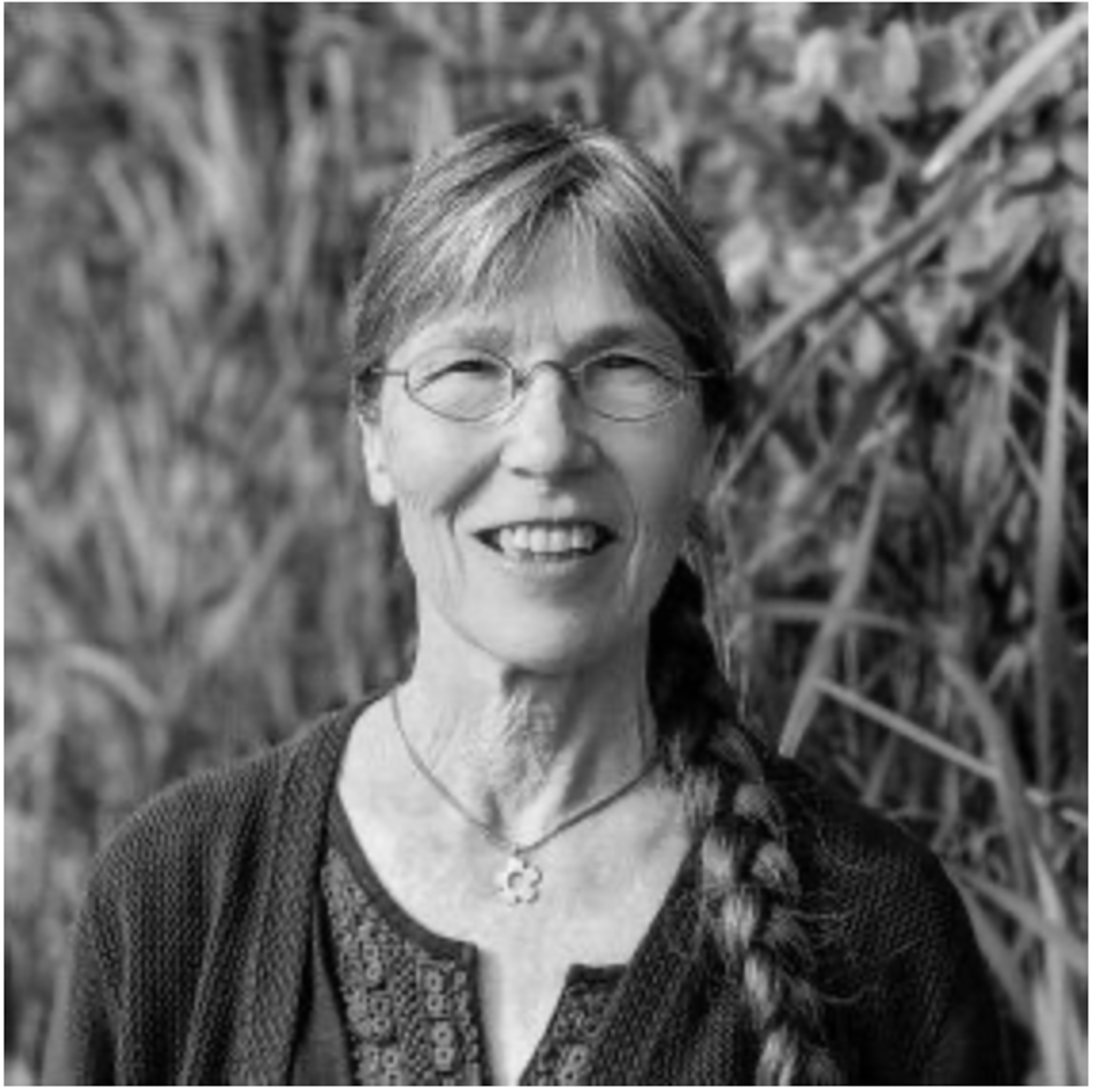
Marcia Manong
Steering Committee Chairperson
Malden River Works
Steering Committee Chairperson
Malden River Works
Marcia Manong is a resident of Malden, and works as Office Manager at Bread of Life, which offers free food to hungry, homeless, isolated people through dinners, food pantries, senior nutrition outreach, and food delivery in Malden and surrounding cities. She has for many years exercised her civic duty through participation in social justice and human rights issues. Marcia’s latest engagement is with the Malden River Works (MRW) Project, an experimental resilience project bringing together a new coalition of community leaders of color, youth, environmental advocates, and government stakeholders.
Leventhal Cities Prize

Carlos Sandoval Olascoaga
Assistant Professor
School of Architecture,
Northeastern University
Assistant Professor
School of Architecture,
Northeastern University
Carlos Sandoval Olascoaga is Assistant Professor of Human-Computer Interaction (HCI) and Inclusive Design at the School of Architecture at Northeastern University and Affiliate Assistant Professor at Khoury College of Computer Sciences at Northeastern University. Carlos is Visiting Scientist at MIT, where he was previously Postdoctoral Associate and Lecturer with a joint appointment between the Department of Architecture and the Schwarzman College of Computing. His work combines design, computing, urban data and public service to provide formal computational design methods that allow the broadest set of community members to shape their own environments equitably and holistically with the support of computational intelligence.
Catalyzing Urban Innovation

Leadership
All Speakers
Alan Leventhal
United States Ambassador to Denmark
United States Ambassador to Denmark
Alan Leventhal was credentialed as the United States Ambassador to the Kingdom of Denmark by Her Majesty Queen Margrethe II on July 1, 2022. Prior to appointment as Ambassador, Leventhal was the Chairman and Chief Executive Officer of Beacon Capital Partners. He previously served as President and Chief Executive Officer of Beacon Properties Corporation, a publicly traded real estate investment company that was merged with Equity Office Properties in 1997. Leventhal is the former Chair of the Board of the Damon Runyon Cancer Research Foundation where he also served on the Executive Committee. He was an Executive Committee and life member of MIT and Trustee Emeritus of Boston University where he had served as Chair from 2004 to 2008. Leventhal was a life trustee of Northwestern University and also served on the boards of the Friends of Post Office Square and the Norman B. Leventhal Map and Education Center at the Boston Public Library. Leventhal received his Bachelor’s degree in Economics from Northwestern University and a Master of Business Administration from Dartmouth College. He is married to Mrs. Sherry Leventhal of New Orleans, Louisiana, and together they have six children and 12 grandchildren.
Visioning the Future
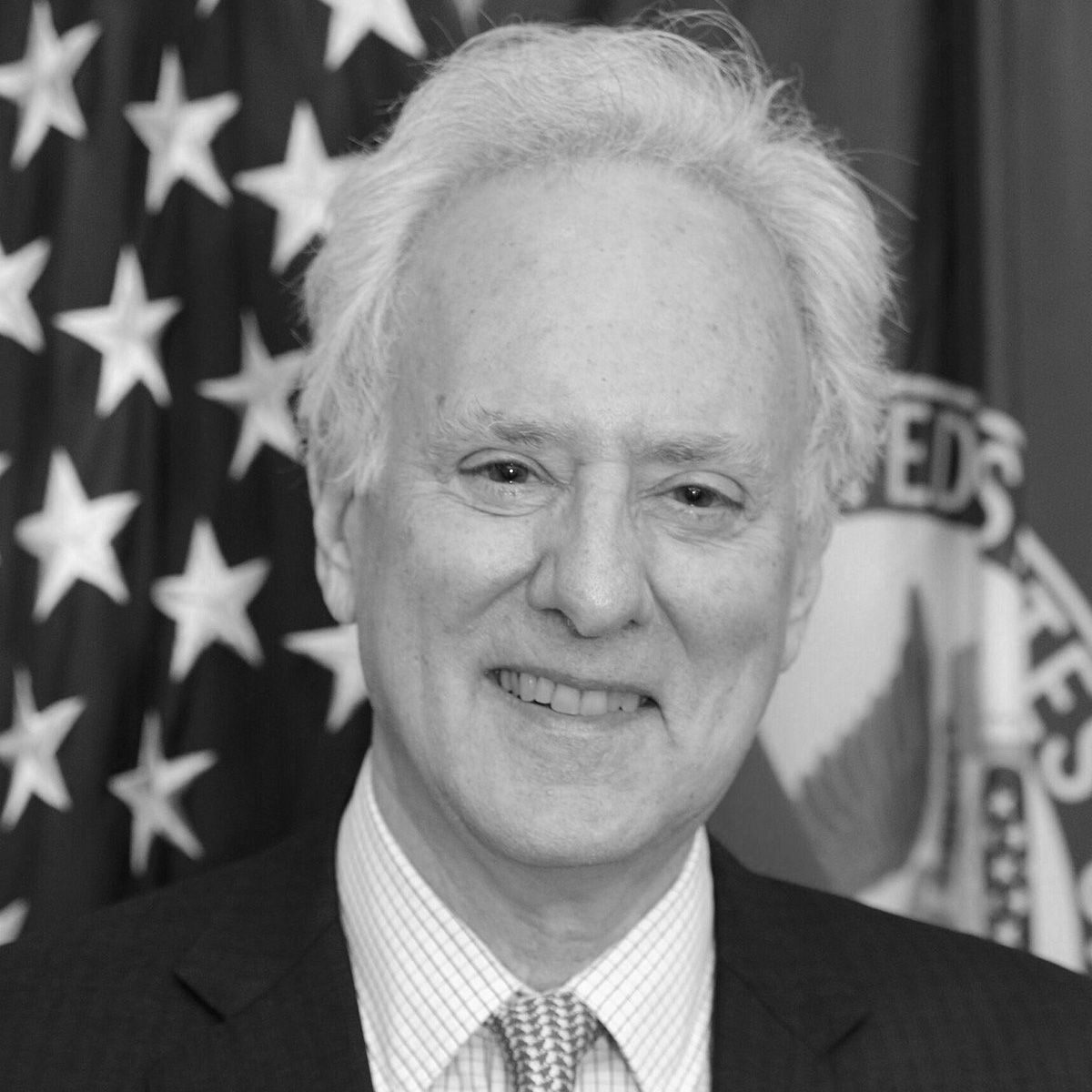
Jeremy Leventhal
Managing Partner
Faros Properties
Managing Partner
Faros Properties
In his role as Managing Partner of Faros Properties, Jeremy’s main focus lies in handling property acquisitions, corporate operations, and investor relations. Prior to joining Faros Properties, Jeremy worked in the Real Estate Investment Banking Division at Morgan Stanley in New York. His background in corporate finance entails work in M&A, debt and equity structuring, and asset management. Jeremy received a B.A. in Economics from Northwestern University while also attending the London School of Economics. He currently sits on the Advisory Board of the Andy Warhol Museum in Pittsburgh and Schools That Can in New York.
Visioning the Future

Alex Leventhal
Managing Partner
Faros Properties
Managing Partner
Faros Properties
As Managing Partner of Faros Properties, Alexander is responsible for repositioning, asset management, and leasing. A Boston native, he earned his B.S. degree in Management from Bentley University in Waltham, MA. Prior to joining Faros, Alexander was a Managing Partner of the investment arm of Boston Realty Advisors and worked at Jones Lang LaSalle and RM Bradley Real Estate. Alexander is President of the Friends of the Boston Park Rangers Mounted Unit, on the Board of Directors of the Norman B. Leventhal Map and Education Center at the Boston Public Library, Trustee at the New England Aquarium, on the Board of Directors of the Friends of Post Office Square Park and on the Advisors Council at WGBH Boston. In 2013, Alexander was presented with the Forty under Forty Rising Star award from the Business Council of Westchester and Fairfield County, NY.
Visioning the Future

Mark P. Gorenberg
Chair, MIT Corporation
Chair, MIT Corporation
Mark P. Gorenberg became Chair of the MIT Corporation in 2023. He has 33 years of venture capital experience and is the founder and managing director of Zetta Venture Partners, a seed and early stage venture capital firm focused on artificial intelligence for business. He serves as a director of several Zetta Venture Partners’ portfolio companies and is a past Director of the National Venture Capital Association. Prior to his career in venture capital, he served as a software executive, entrepreneur, and member of the first SparcStation team at Sun Microsystems. He has served on the boards of numerous successful startups, including Omniture, AdForce, Domo, NetDynamics, Scopus Technologies, and Crowdfactory. In 2011, he was appointed by President Barack Obama to the President’s Council of Advisors on Science and Technology.
Leadership
